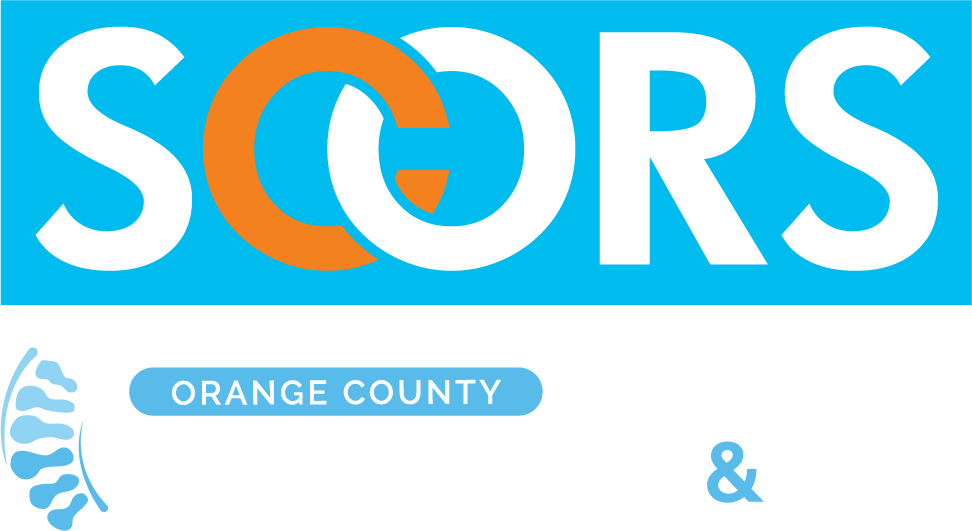
Your doctor can choose the right medication to relieve your symptoms.
Pain management is likely to involve the use of some type of medication to control symptoms and ease discomfort enough to restore quality of life. If you’re like most people experiencing some degree of discomfort, whether it be in the form of acute (sharp and severe) pain or persistent chronic pain, you’re likely to seek relief from a variety of options, each offering a different set of potential benefits.
- Several classes of medications can help to relieve orthopedic discomfort
- Suggested medication can be over-the-counter or prescription
Over-the-Counter Pain Medications
Non-prescription medications for pain relief often include either non-steroidal anti-inflammatory drugs (NSAIDs) to ease swelling and inflammation that may be contributing to your discomfort or acetaminophen, a type of pain medication used in more than 500 different medications, with Tylenol being the best-known over-the-counter form. Since NSAIDs and pain-relievers work differently within the body, they can often be taken at the same time without adverse effects.
Antidepressants

While not intended to treat physical pain, antidepressants have proven to be effective for some patients dealing with ongoing pain that doesn’t respond well to other medications. It’s not fully understood why some types of antidepressants have pain-relieving properties, even though benefits for some patients are well-documented in various studies. Tricyclic antidepressants such as Imipramine and Desipramine are the most common medications within this class prescribed to treat pain. Side effects tend to be mild when patients are given lower doses than what would normally be prescribed to treat depression.
Anti-Seizure Medications
Topiramate and Pregabalin are among the most common anti-seizure medications also prescribed to manage pain. Some anti-seizure medications used to treat epilepsy also work well with the management of nerve-related pain associated with shingles and diabetes. These anticonvulsants also provide relief for some patients living with chronic pain, although only a few anti-seizure drugs are approved for this use.
Injections
Injections are sometimes recommended to treat acute or chronic pain relegated to a specific area. These drugs are meant to deliver medication into tissues to provide instant relief, with pain from a severe muscle spasm being an example of when an injection may be given. Epidural steroid injections are often used to treat patients with lower back pain. Therapeutic injections may also take the form of nerve-blocking drugs that prevent pain signals from being transmitted from the affected area to the part of the brain responsible for interpreting pain.
Any type of medication you take for pain should be coupled with careful monitoring. Opioid pain medications like codeine and fentanyl, in particular, are only meant for short-term use, even when prescribed in low doses. Pain management medication is often more effective when it’s combined with other remedies like physical therapy that may enhance the intended effects of such drugs while minimizing the risk of dependence.

on caring for specific orthopedic needs.

